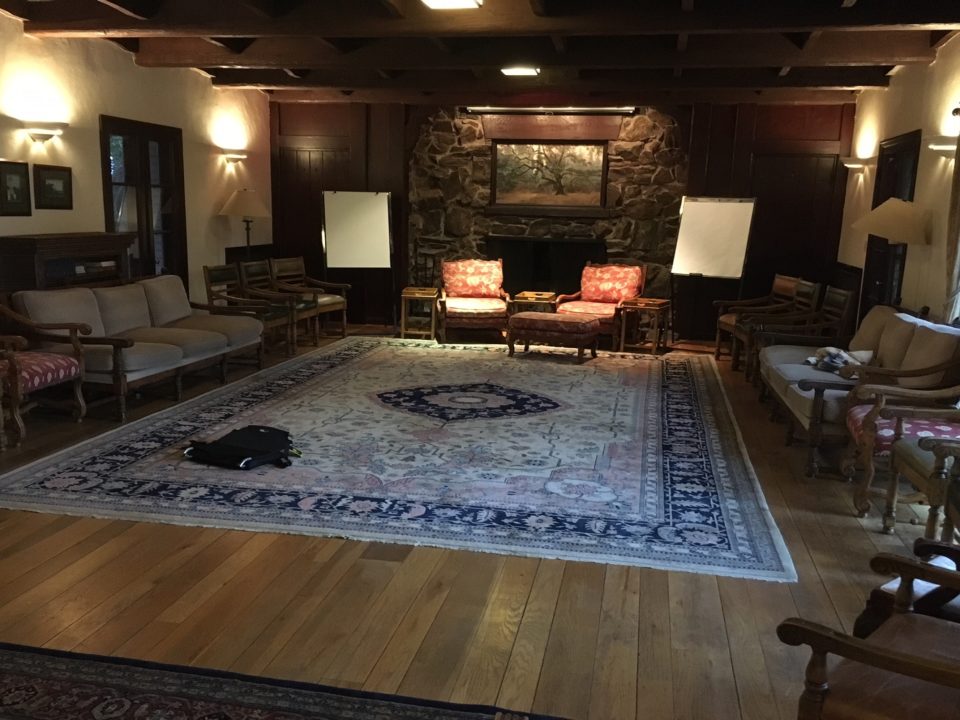Chreodes, Entelechy and Human Potentiality

Believing in Free Will: Do We Really Have a Choice?
June 29, 2011
Constellation Narrative: Genocide
September 14, 2011Chreodes, Entelechy and Human Potentiality
by Carl BuchheitIn the last couple of years I have come to really appreciate these two words: "chreode" and "entelechy." Each word is fabricated from Greek roots. "Chreode"-a very recent invention-was coined in the mid-20th century. The other word, "entelechy," is also a little bit newish, but in a much older kind of way. In print, "entelechy" can be traced back to about the year 1600. I love these words. They communicate about ideas and experiences that are important to all of us humans.
Chreode is a neologism (meaning a "new word") created by C.H. Waddington (1905 to 1975), a British biologist and geneticist. It is made from the Greek roots chre, meaning "it is necessary," and hodos, meaning "route or path." Chreode can be defined as "the path of what must be." Nature seeks this path always, as it is the most stable, requires the lowest amount of energy, and presents is the least resistance to development along its way. It is the path of least resistance. Think of chreodes as grooves or channels; they allow our systems to operate with least energy and maximum efficiency, but they also trap us in paths of meaning and behavior that we may want to change, but which we simply lack the means or energy to get out of. If the groove is too deep, it's hard to get out of it. "Almost there" doesn't do it, because we slide back down the sides, back to the bottom of this "path that must be."
Entelechy is derived from the Greek roots of "to have" and "perfection." Aristotle uses the word to convey "the realization or complete expression of some function; the condition in which a potentiality has become an actuality." In various applied senses (apparently due to misconceptions of Aristotle's meaning), entelechy is "that which gives perfection to anything; the informing spirit."
We all seek our own version of entelechy, the "realization of potentiality." When we succeed, this is very cool! But when we succeed in manifesting something, we can also get ourselves caught in unwanted chreodes, the seemingly un-revisable patterning that keeps running long after the good effects of our desired manifestation go from being positive to being incredibly limiting-as when the solution overstays its usefulness and becomes a new, apparently permanent problem. This is pretty much always a confusing development, because if it weren't for the chreodic tendency of past solutions to keep ruining present successes, we would probably have many fewer present problems.
For those familiar with the Transformational NLP toolbox, two main questions may come to mind: "What would you like?" which is our way of beginning movement toward entelechy, and "What stops you?" When paired with proper physical calibration, "What stops you?" is our most high-speed chreode tracer. The art of good change-work is to create new outcomes and solutions that will not stabilize themselves into future limitations. The good news is, this is all quite learnable, and can be applied to ourselves and others equally.




